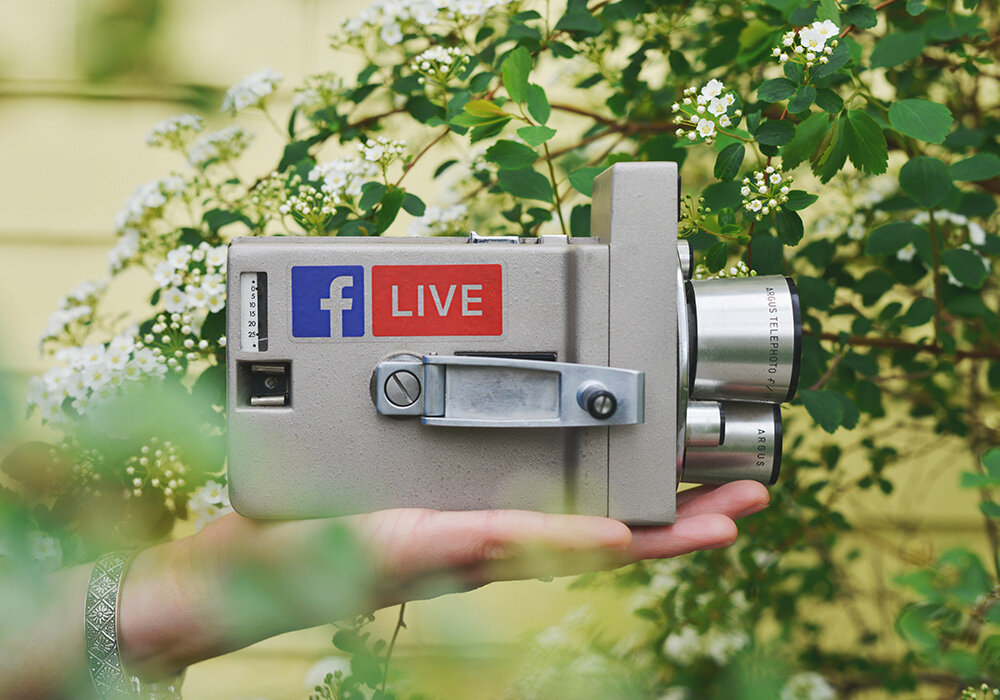Daily Creativity: Part 3 - A Slow Experiment
"The notebook is the place where you figure out what’s going on inside you or what’s rattling around. The keyboard is the place that you go to tell people about it." -- Austin Kleon in Episode 5 of Hurry Slowly
Are you a pencil and paper kinda person? Or someone who gets their creative juices flowing when they're tapping away on their computer? Do you like old-school vinyl or are you a digital music fiend? Or, perhaps, like most people, a little of both?In today's episode Ben and I dive deep in to a topic I've been excited about since beginning the experiment: analog vs digital - which is better for creativity?Before we get in to it, Ben and I talk about our experiences over the past week, as we're now more than halfway through this month's daily creativity Slow Experiment, and this week has brought some really interesting lessons for me personally, as well as what feels like a huge shift in the way I'm solving problems. I've found myself focusing more on the process rather than the output, my empathy has stepped up another level as I've been able to view things from different perspectives (particularly those of my kids) and excitingly, questions I've been pondering for months suddenly have clear solutions. This creativity thing has bigger benefits than I'd imagined!If you're subscribed to the Slow Post you may know that Ben’s challenge this week was to do something creative for himself, without an audience, and in this poggie he shares how he’s played around with skiing switch (backwards) and reflects on the joy of truly sucking at something.Ben also identifies some of the different ways we can categorise creativity (cognitive v emotional and deliberate v spontaneous) and we share our experiences of each of these modes so far, before diving in to the big question of today's episode:
Analog vs digital: which is better for creativity?
As a staunch advocate for pencil and paper, I'm not going to lie. I was hoping for a unanimous “analog rules” verdict in my research. It would make things so much easier! Instead what I found was that there really is no right or wrong. Our personal preference towards analog or digital is actually closely tied to how we best learn, and the truth is that everyone could probably benefit from dabbling in both means of creative expression.We discuss handwriting, Austin Kleon's wonderful dual-desk system, note-taking on a computer vs by hand, and the current hypothesis on why some people find creative thinking difficult to do while typing (hello, me!) and others who don't find it tough at all (hello, Ben!) in this episode. There's a lot of juicy ideas in here that may just help you unlock the daily creative practice, or at least begin to understand your personal tendencies towards digital or analog.If you’re getting creative with us this week, why not try mixing it up again? If you’re always in analog-land, why not try creating using digital this week, and vice versa - if you’re a tech-head, why not try something a little more tactile?Don’t forget to use the hashtag #slowexperiment on Instagram if you’d like to share, and stay tuned for next week’s episode all about letting go of ideas of “good” and “perfect” and getting back to creating, just for the sake of creating.
——
Head over to iTunes to subscribe to the show and play the episode.
Or you can listen to the show directly, simply by hitting the Play button above. Enjoy!
——
Things to Check Out After Today’s Episode:
- A Learning Secret: Don't take notes with a laptop - Scientific American
- Why does analog still feel good in a digital world? -The Conversation
- The internet is killing creativity, and analog is about to make a comeback - Inc.
-
STUDY - Mindful creativity: the influence of mindfulness meditation on creative thinking
- STUDY - The Pen Is Mightier Than the Keyboard: Advantages of Longhand Over Laptop Note Taking
- What's lost as handwriting fades - New York Times
- Why writing by hand could make you smarter - Psychology Today
- Need to get focused? First, go analog - Fast Company
- The science and experience of analog writing - Joe Buhilig
- Austin Kleon
- Austin’s Kleon's workspace divide
- Slow media
- Shakey by Martin McDonogh (a Neil Young biography)
- Big Magic by Liz Gilbert
- Ben’s Instagram
- Brooke’s Instagram
- Download this month's PDF, full of ideas to keep you creating and keep you accountable


